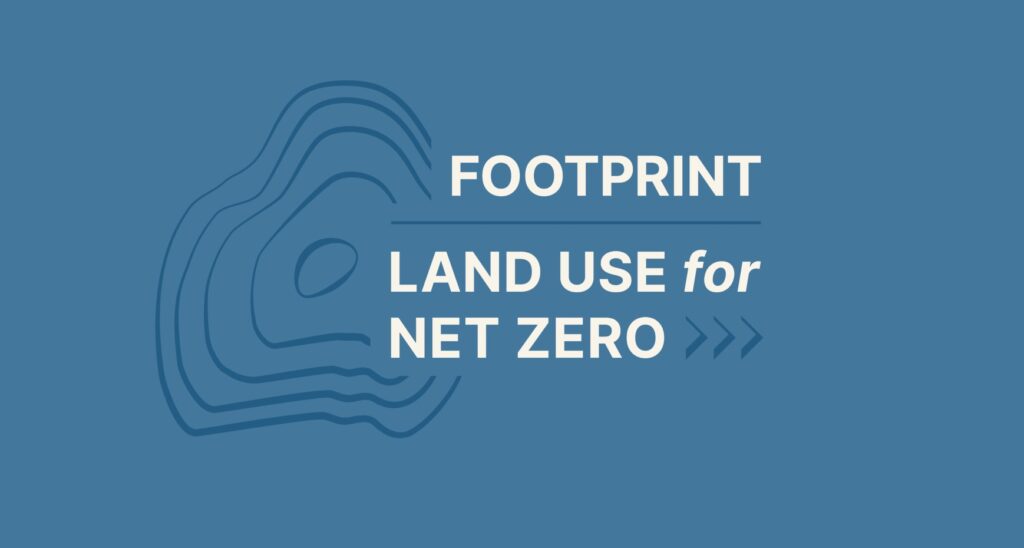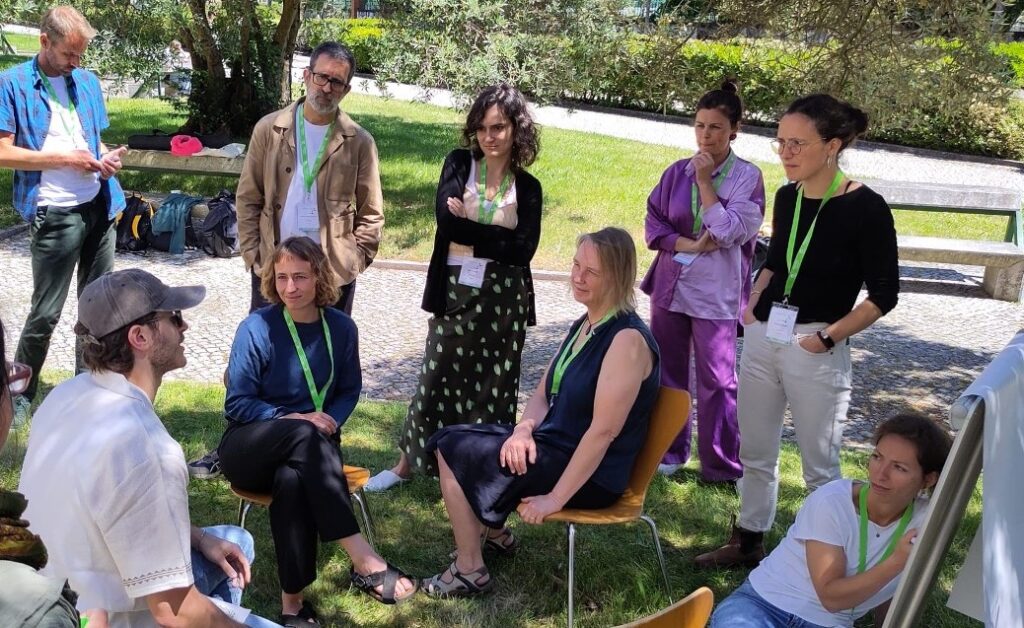Between 2012 and 2013, the Upper Thames was one of the initial 15 catchments where an external organisation ‘hosted’ the development of an integrated Catchment Management Plan. Within the Upper Thames, the Farming and Wildlife Advisory Group South West (FWAG SW) and the CCRI developed the partnership over the first year and acted as the host organisations. The aim of the pilot was to develop a shared vision and an integrated strategic delivery plan (The Upper Thames Catchment Management Plan) to deliver a healthy, functioning river environment across the catchment.
Since then the Upper Thames catchment has continued to develop and implement the shared vision under the guidance of FWAG SW, CCRI and the Environment Agency. A key part of the this catchment is the emphasis on an integrated local delivery framework to engage with stakeholders in order to develop an inclusive and integrated catchment plan. The Integrated Local Delivery framework brings together different strategic objectives and links them to the local knowledge and resources of the local communities and land managers.
The Upper Thames Catchment as well as the WILD project that falls within the catchment, will enhance WFD delivery through the integration of a number of different objectives that are shared across the members of the partnership. The partnership activity includes: individual parish plans for ditches and water courses, integrated development of Surface Water plans, delivery of Catchment Sensitive farming, programmes developed by NGOs such as the Wildlife Trust and Cotswold Rivers Trust. The intention is that further collaborative projects that combine local and national priorities will be developed and delivered across the catchment through the Upper Thames partnership and potentially neighbouring catchments.
- Links to Gloucestershire FWAG and FWAG SW
Update: April 2015:
A new community guide was published by ACRE (Action with Communities in Rural England) entitled ‘A Community Guide to your water environment’.
The case study on page 9 of the guide refers to the WILD project (mentioned above). The CCRI has been working together with the Farming and Wildlife Advisory Group South West (FWAG SW), the Cotswold Water Park Trust (CWPT) and Gloucestershire Rural Community Council to develop the Cotswold Water Park WILD Project (Water Framework Directive (WFD) with Integrated Local Delivery). The aim of the project has been to bring about environmental improvements to the rivers and other watercourses of the Cotswold Water Park.
The guide, which was produced with support from Defra and the Catchment Based Approach, can be downloaded from the ACRE website. Download guide.
For more information, please contact the Project Leader, Chris Short cshort@glos.ac.uk




